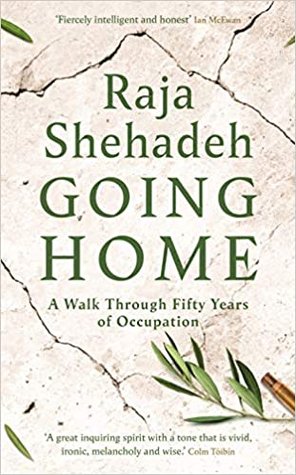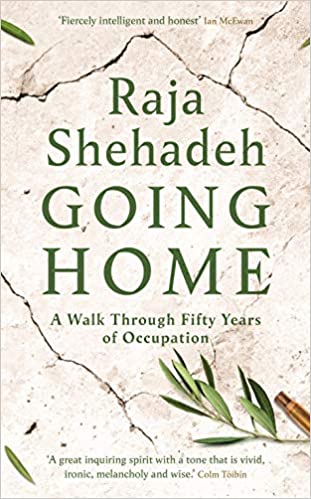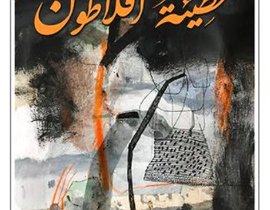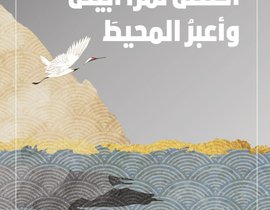
Details
اسم المؤلف Raja Shehadeh
Winner of the Moore Prize 2020 In Going Home, Orwell Prize winning author Raja Shehadeh travels Ramallah and records the changing face of the city. Walking along the streets he grew up in, he tells the stories of the people, the relationships, the houses, and the businesses that were and now are cornerstones of the city and his community. This is, in many ways, an elegy. Green spaces - gardens and hills crowned with olive trees - have been replaced by tower blocks and concrete lots; the occupation and the settlements have further entrenched themselves in every aspect of movement-from the roads that can and cannot be used to the bureaucratic barriers that prevent people leaving the West Bank. The culture of the city has also shifted with Islam taking a more prominent role in people's everyday and political lives and the geography of the city. As he grapples with ageing and the failures of the resistance, Shehadeh notes the ways that the past still invades the presence from the ruins of the compound that was Yasser Arafat's home to the power of emigrated families to reshape neighbourhoods by selling their long-abandoned homes. This is perhaps Raja Shehadeh's most painfully visceral book.
- Home
- »
- English book
-
Sold by
booksh
See other items

- SKUsku_30_9256
- ShippingOODDSS Economy Delivery 1KD,
-
Delivery
Varies for items shipped from an international location
Delivery within 4 business days - CountryKuwait
- Return0 days
Details
اسم المؤلف Raja Shehadeh
Winner of the Moore Prize 2020 In Going Home, Orwell Prize winning author Raja Shehadeh travels Ramallah and records the changing face of the city. Walking along the streets he grew up in, he tells the stories of the people, the relationships, the houses, and the businesses that were and now are cornerstones of the city and his community. This is, in many ways, an elegy. Green spaces - gardens and hills crowned with olive trees - have been replaced by tower blocks and concrete lots; the occupation and the settlements have further entrenched themselves in every aspect of movement-from the roads that can and cannot be used to the bureaucratic barriers that prevent people leaving the West Bank. The culture of the city has also shifted with Islam taking a more prominent role in people's everyday and political lives and the geography of the city. As he grapples with ageing and the failures of the resistance, Shehadeh notes the ways that the past still invades the presence from the ruins of the compound that was Yasser Arafat's home to the power of emigrated families to reshape neighbourhoods by selling their long-abandoned homes. This is perhaps Raja Shehadeh's most painfully visceral book.













